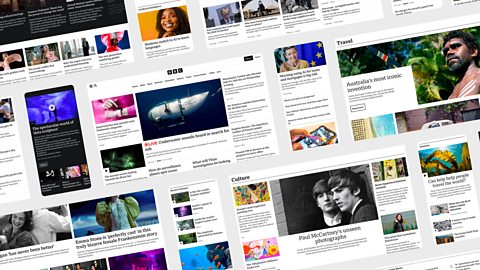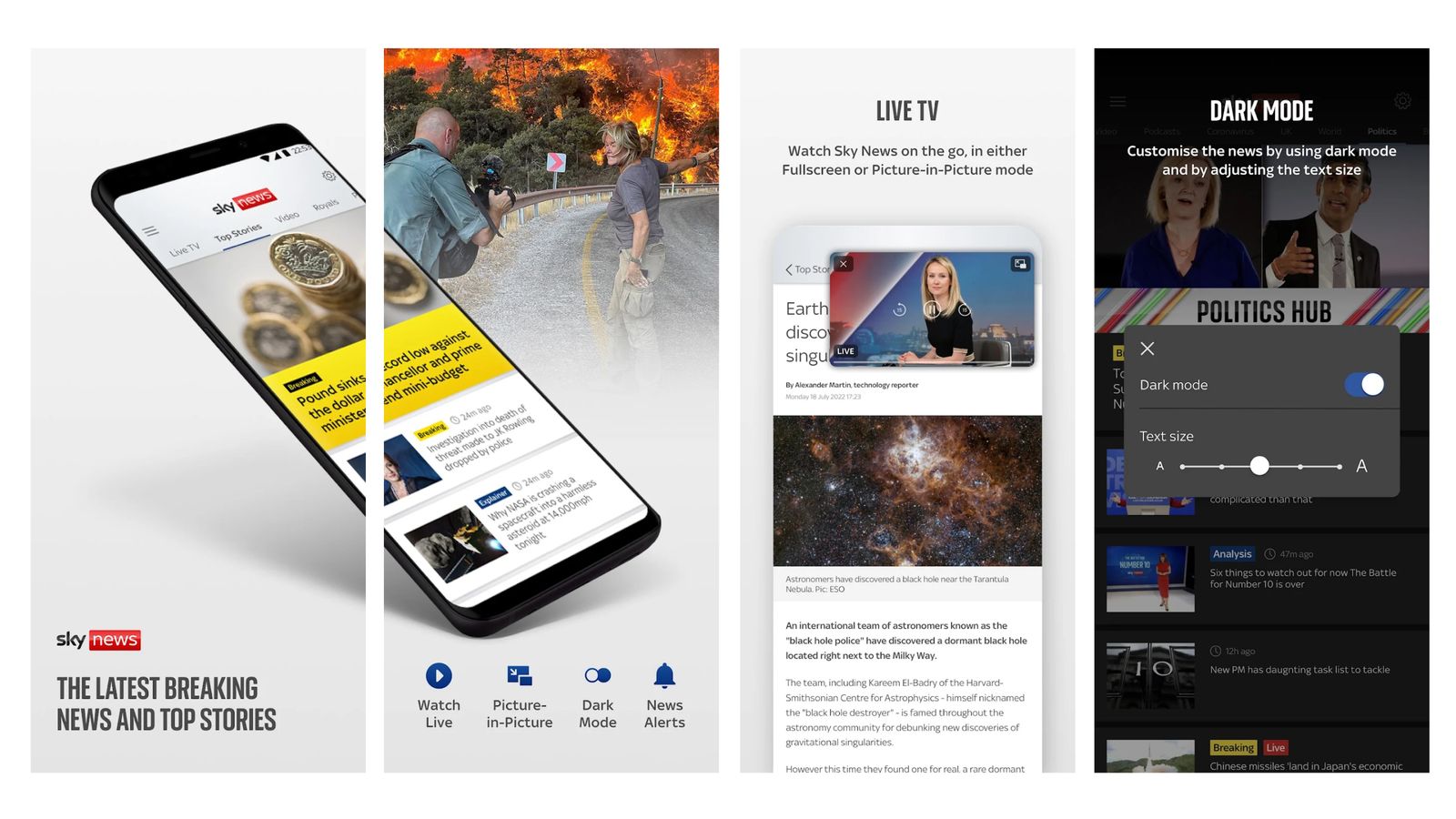8 Simple Techniques For News Websites
Wiki Article
The smart Trick of News Websites That Nobody is Discussing
Table of ContentsHow News Websites can Save You Time, Stress, and Money.News Websites - Truths7 Simple Techniques For News WebsitesNot known Incorrect Statements About News Websites The 3-Minute Rule for News Websites
It was down in the UK and Brazil however up a few other countries, such as Greece, Bulgaria, and Poland (News Websites). This year, for the very first time, we inquired about the different manner ins which individuals stay clear of the news and found that around half of avoiders (53%) were trying to do so in a broad-brush or periodic method for instance, by switching off the radio when the news began, or by scrolling past the information in social media sitesYou said that you try to actively prevent news.

I'm most likely picking to find out more light-hearted tales than I utilized to at the minute. M, 51, UK Switching my back on news is the only way I feel I can deal often. I have to knowingly make the effort to avert for the purpose of my own mental health and wellness.
Getting The News Websites To Work
Discerning avoidance of Ukraine news was highest possible in much of the countries closest to the conflict, reinforcing searchings for from our extra survey last year, not long after the battle had begun. Our data might not recommend a lack of rate of interest in Ukraine from neighboring nations but rather a desire to handle time or safeguard mental wellness from the very real horrors of war.Contrasting Finland with a politically polarised country such as the United States (see next graph) that is less influenced by the battle, we discover a very different pattern of topic avoidance. In the USA, we find that consumers are more most likely to prevent subjects such as nationwide politics and social justice, where debates over problems such as gender, sexuality, and race have become extremely politicised.
American politics are rather hazardous these days. I discover occasionally that I have to separate from stories that simply make me angry. F, 61, USA For some individuals, bitter and divisive political disputes are a factor to transform off information entirely, however, for some political partisans, evasion is often about blocking out viewpoints you don't intend to listen to.

All About News Websites
Some are looking to make information a lot more accessible for hard-to-reach teams, widening the news program, commissioning more motivating or favorable information, or welcoming positive or remedies journalism that offer people a sense of hope or personal company. In our study this year, we asked participants about their passion in these various approaches.This explains why tales like Ukraine or nationwide politics execute well web link with news regulars but can at the same time transform less interested customers away (News Websites). Discerning avoiders are less interested in all kinds of information than non-avoiders but in family member terms they do seem to be a lot more thinking about favorable or solutions-based news

The Best Guide To News Websites
2023). This may hold true in the minute, however with time it seems to be leaving numerous people vacant and much less pleased, which may be weakening our connection with and count on the news. Throughout markets, total count on information (40%) and rely on the sources people use themselves (46%) are down by an additionally 2 percentage points this year.Certainly, with the rear-view mirror, the COVID-19 trust bump is plainly noticeable in the adhering to chart, though the instructions of traveling after that has been mixed. Sometimes (e.g. Finland), the count on rise has been kept, while in others the upturn looks even more like a spot in a story of ongoing lasting decline.
Several of the highest possible reported degrees of media objection are found in nations with highest degree of suspect, such as Greece, the Philippines, the USA, France, and the UK. The more information most affordable degrees of media objection are often in those with higher degrees of trust fund, such as Finland, Norway, Denmark, and Japan.
Not known Facts About News Websites
This year we asked participants about their choices for message, audio and video clip when consuming information online. Generally, we discover that the bulk still favor to review the information (57%), instead of watch (30%) or pay attention to it (13%), but younger individuals (under-35s) are more probable to listen (17%) than older groups.
Behind the standards we find significant and surprising country distinctions. In markets with a solid reading practice, such as Finland and the UK, around eight in ten still prefer to read on the internet information, yet in India and Thailand, around four in 10 (40%) claim they favor to see information online, and in the Philippines that percentage mores than half (52%).
Report this wiki page